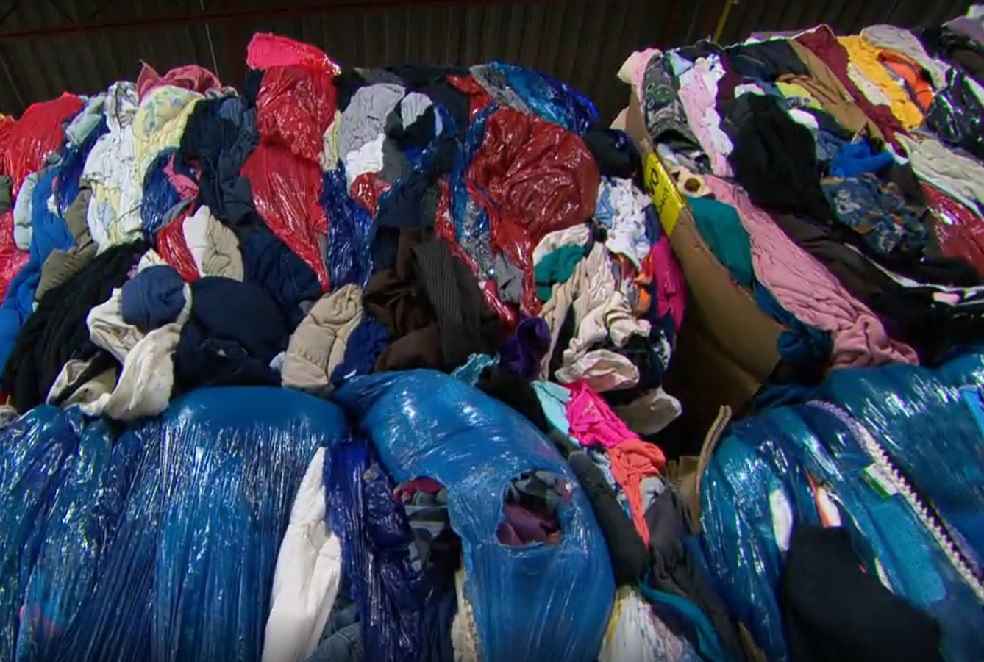The nation, caught in the vortex of ‘fast fashion’, reportedly disposes of a staggering 70,000 tons of clothing annually, with the majority – two-thirds – ending up in landfills. In response to this escalating crisis, the French Government has announced a pioneering initiative to financially incentivize citizens to repair their garments and footwear instead of succumbing to the disposable culture of fashion.
To counteract the issue of “fast fashion” – characterized by the rapid production and subsequent disposal of inexpensive clothing – Bérangère Couillard, France’s junior ecology minister, unveiled the repair bonus scheme. Coinciding with this initiative, a raft of new regulations for clothing manufacturers will come into effect from January.

Manufacturers, including both homegrown and international brands selling clothes in France, will be obliged to disclose comprehensive environmental impact data for each item, covering aspects such as water usage and the incorporation of recycled textiles in production.
The plan has not been without its detractors, with right-wing politicians voicing concerns over the potential burden on government finances, and certain industry groups wary of potential stigmatization of parts of the fashion industry. Critics contend that the durability of a garment, such as a silk dress, should not be judged solely on its physical resilience.
The bonus scheme is backed by a 154 million euro fund earmarked for the period from 2023 to 2028. Consumers can look forward to rebates ranging from 7 Euros ($7.7) for heel repairs, up to 25 Euros ($27.6) for clothing repairs.

This suite of measures forms part of France’s wider strategy to tackle fast fashion and promote sustainability within the textile sector, a significant contributor to global greenhouse gas emissions. The fashion industry is currently accountable for approximately 10% of global carbon emissions annually, surpassing the combined emissions from maritime shipping and international flights.
Beyond its substantial carbon footprint, the fashion industry, inclusive of cotton farming, is also a major water consumer. It is estimated that producing a single pair of jeans requires an astounding 3,781 liters of water. To put this into perspective, the making of a single cotton t-shirt involves around 2,700 liters of fresh water, enough to satisfy the drinking requirements of one person for two and a half years.

Following a strategy initiated in late 2022, sustainability in the textile sector has become a focal point for the French Government, with the aim of transforming the sector into an eco-friendly industry. According to Refashion, an eco-organization appointed by the French government to oversee the refund scheme, around 3.3 billion pieces of clothing, shoes, and household linen were introduced to the market in 2022.
France’s ambitious plan represents a determined effort to control textile waste and mitigate the environmental harm caused by the fast fashion industry. The initiative carries a global resonance as textile waste is a universal issue, with approximately 90 million clothing items annually finding their way into landfills worldwide. In the U.S. alone, it’s estimated that 34 billion pounds of used textiles are discarded annually, amounting to roughly 100 pounds per person.
DON’T MISS IT | War on Waste: Bans Unsold Fashion Destruction



